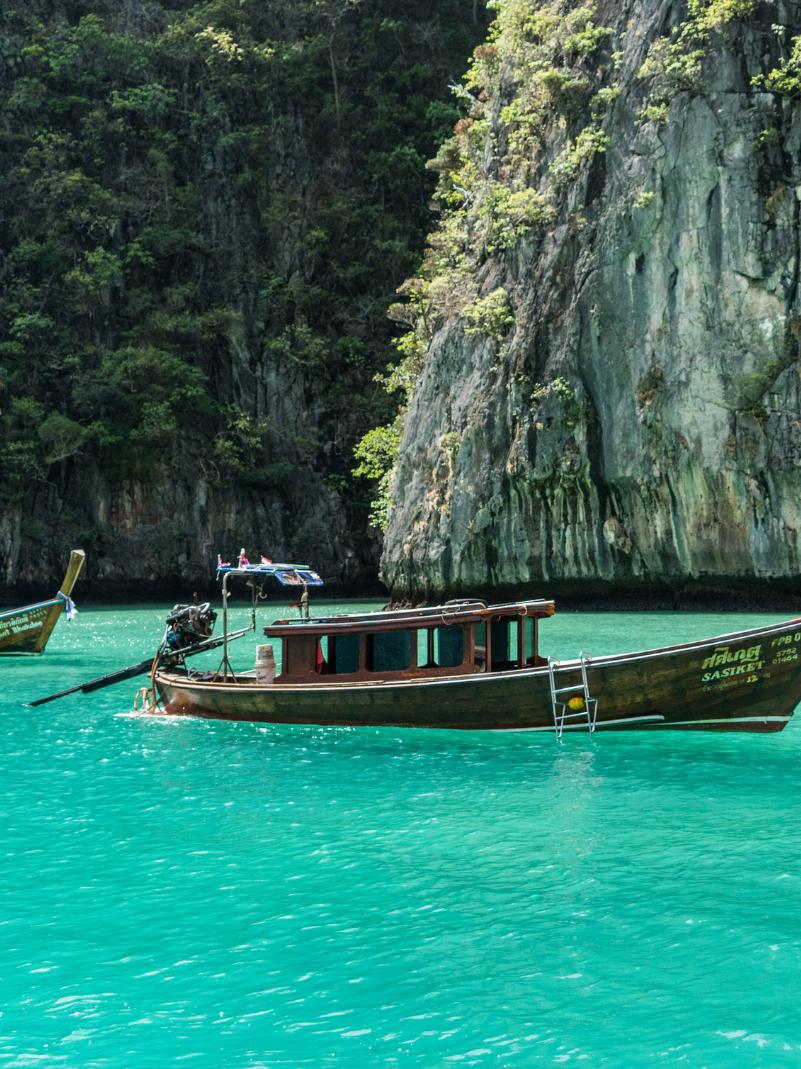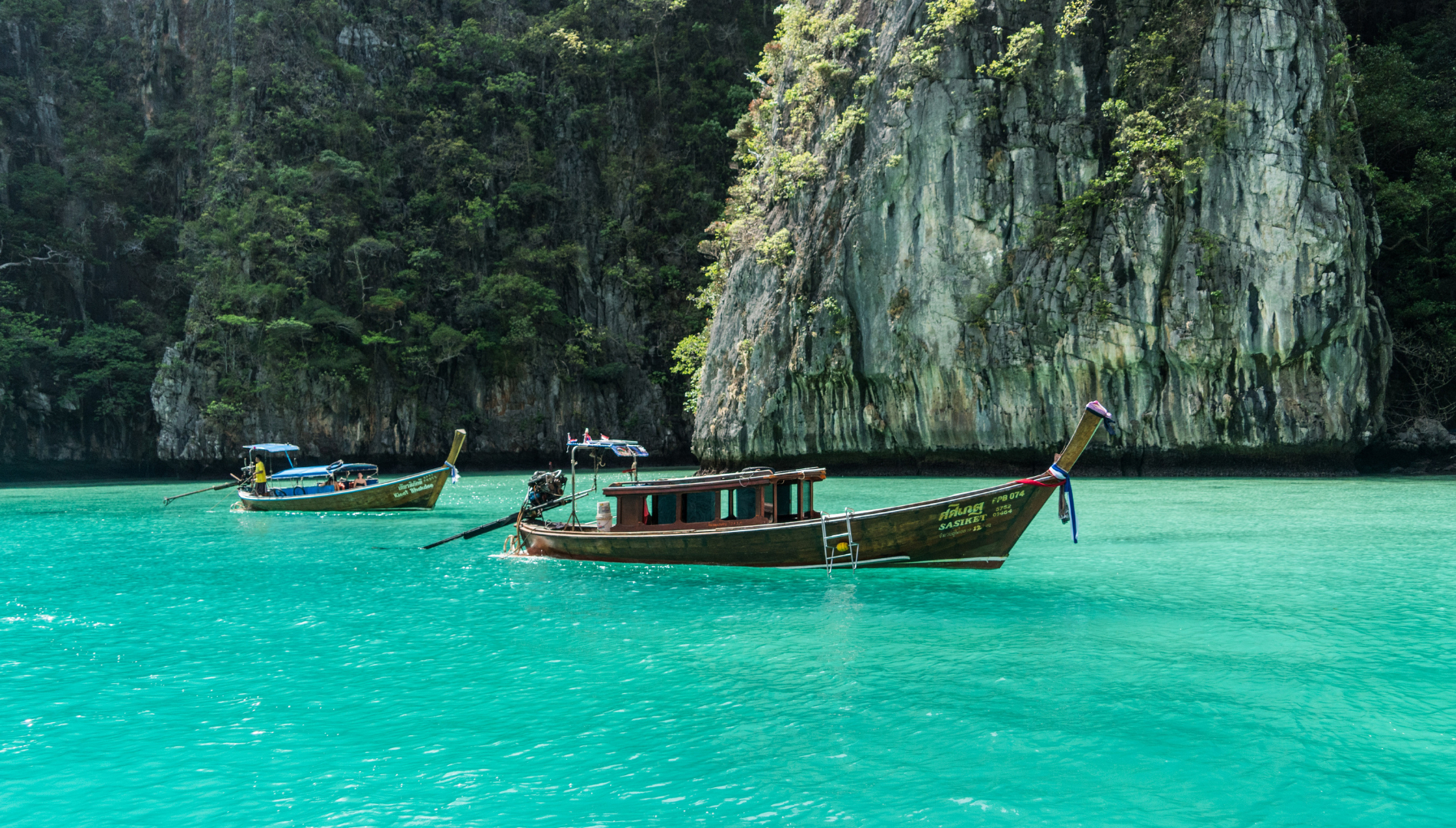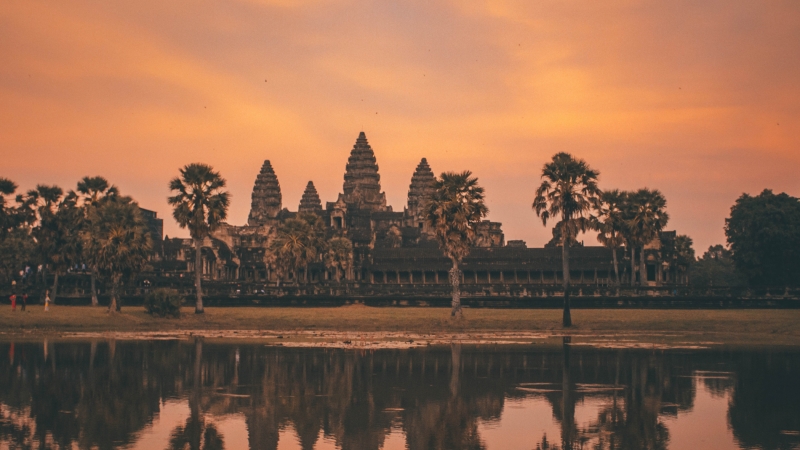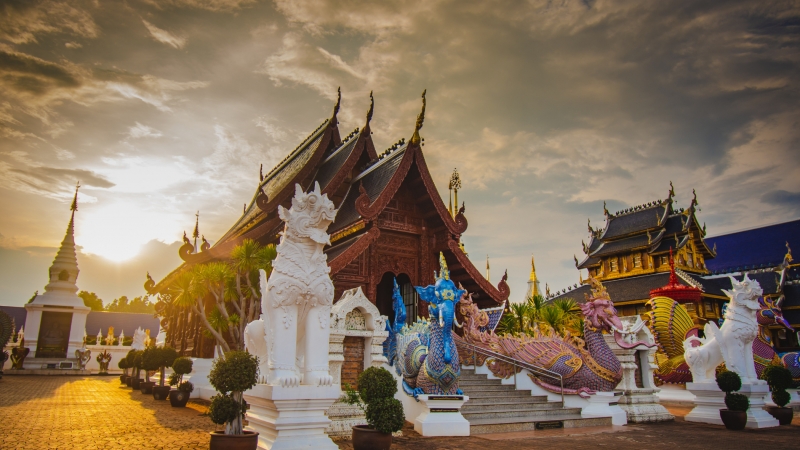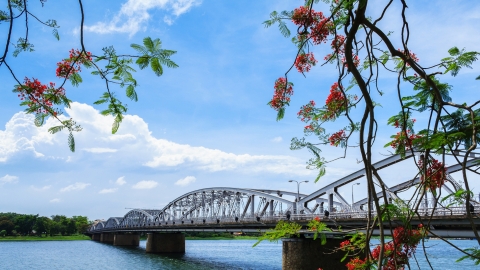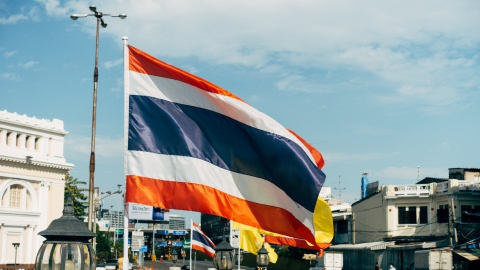Phuket, Thailand is considered one of the top tourist destinations in the Land of Smiles, known for its beautiful beaches, diverse natural landscapes, luxury resorts, and numerous recreational activities.
One might think so, but now Thailand's "tourist paradise" is drowning in a sea of garbage. Every day, 1,100 tons of waste – equivalent to the weight of a high-rise building – are dumped at the processing plant, turning this beautiful island into a giant landfill. This number has increased dramatically compared to previous years, rising continuously from 742 tons (in 2022) to 961 tons, exposing the devastating consequences of the post-pandemic tourism revival.
The province's only incinerator, already overloaded, can only process 900 tons of waste per day. The remaining hundreds of tons of waste each day are "forced" to be dumped in landfills around the island, turning them into giant "mountains of garbage." Furthermore, only 10% of the waste is recycled, with the rest being primarily organic waste, a seriously wasted resource.
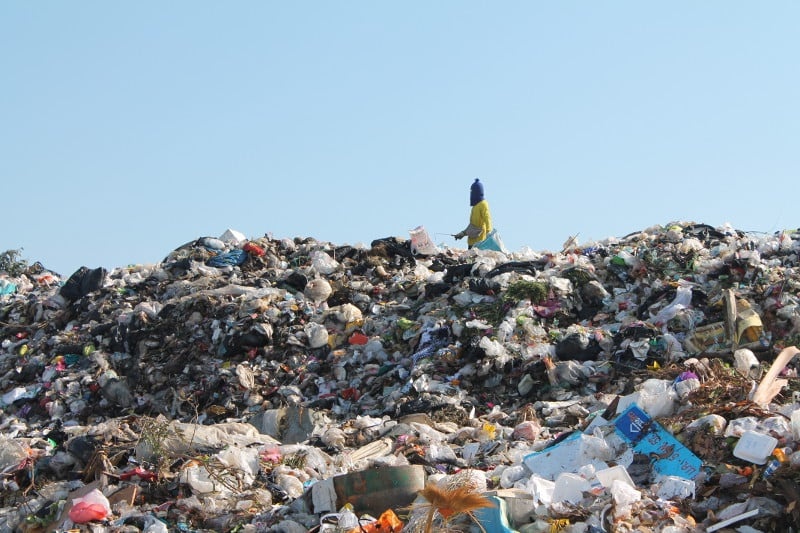
Phuket sees 1,100 tons of trash generated daily.
According to Bloomberg, Thon Thamrongnawasawat, a marine biologist and lecturer at Kasetsart University in Bangkok, said that at least 300 marine animals, including pilot whales, sea turtles, and dolphins, die each year in Thai waters due to ingesting plastic waste. This incident has drawn global attention, particularly from environmental organizations, and, of course, has negatively impacted the image of Thailand's tourism industry.
According to the Bangkok Post, this challenge was raised and discussed by Mr. Norasak and 150 industry leaders and global policymakers from various countries who came to Phuket at the 25th Inter-Island Tourism Policy Forum. Along with that, difficulties regarding sustainability and strategies for the recovery of the tourism industry in the face of climate change were also emphasized.
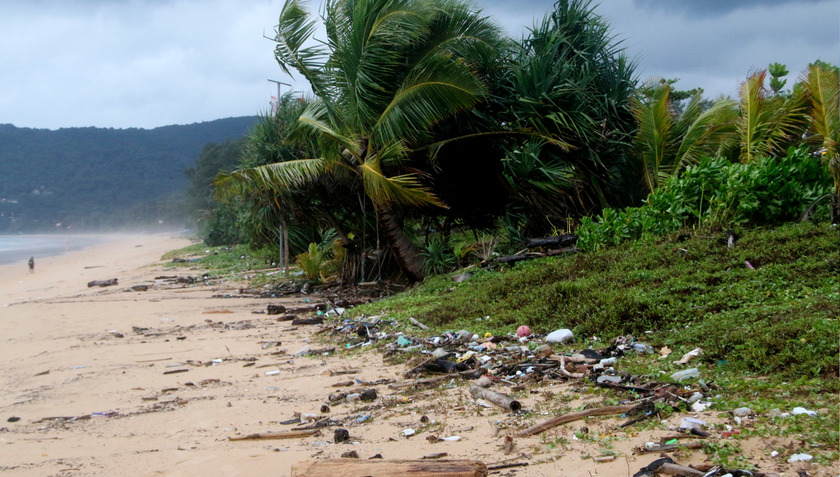
The amount of trash scattered all over the island detracts from its aesthetic appeal.
In an effort to reduce the increasing amount of food waste generated by the recovery of the tourism industry, the Thai Organic Consumers Association (TOCA) is collaborating with hotels in Phuket province to initiate a composting system for food waste, in line with the government's Bio-Circular-Green (BCG) economic model.
TOCA is currently working with the Phuket Hotel Association (PHA) on a pilot project to encourage hotels to transform organic waste into high-quality compost.
TOCA will encourage hotels to install food waste disposal machines developed by its partner Bang Krachao Farm. The waste can be easily decomposed to produce organic fertilizer with low energy consumption.
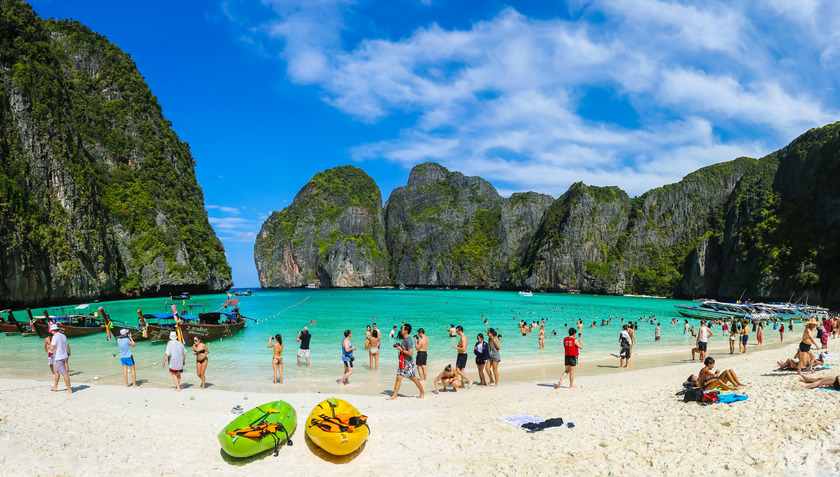
The increasing number of tourists is a major cause of environmental pollution.
According to Thailand's Pollution Control Department, food waste accounts for 64% of the country's total waste, and nearly 40% of that food waste is still edible and of good quality – known as food surplus.
Meanwhile, Phuket began piloting a "waste bank" in the Samakkee Samkong community in Muang district earlier this year to recycle waste and garbage. If successful, the scheme will be rolled out to other locations, Thai PBS reported.
The average number of foreign tourists arriving in Phuket via direct flights is currently 10,000 per day, nearly double the previous low season figure of around 6,000 per day. According to a recent survey by the international online travel booking platform Agoda, Thailand is the top destination in Asia for European tourists, ahead of Indonesia, Japan, Malaysia, and the Philippines.

 VI
VI EN
EN



